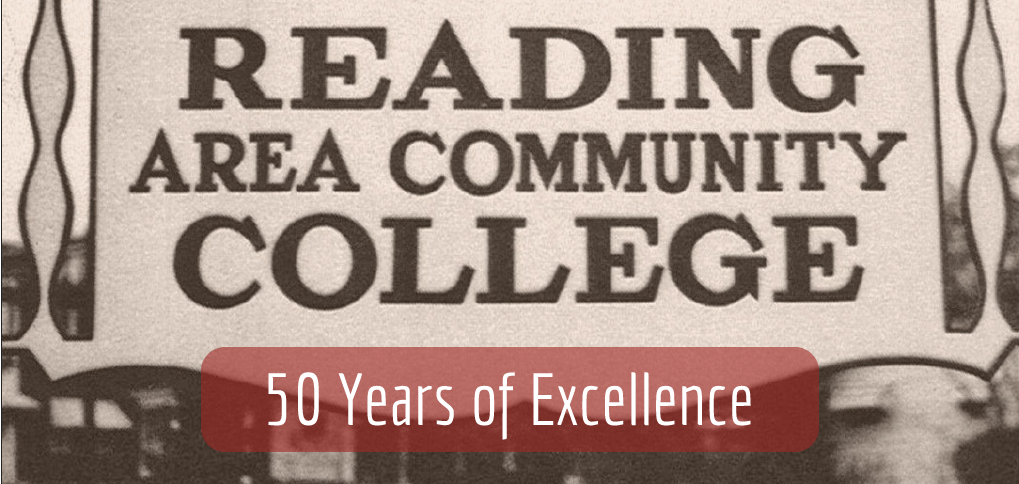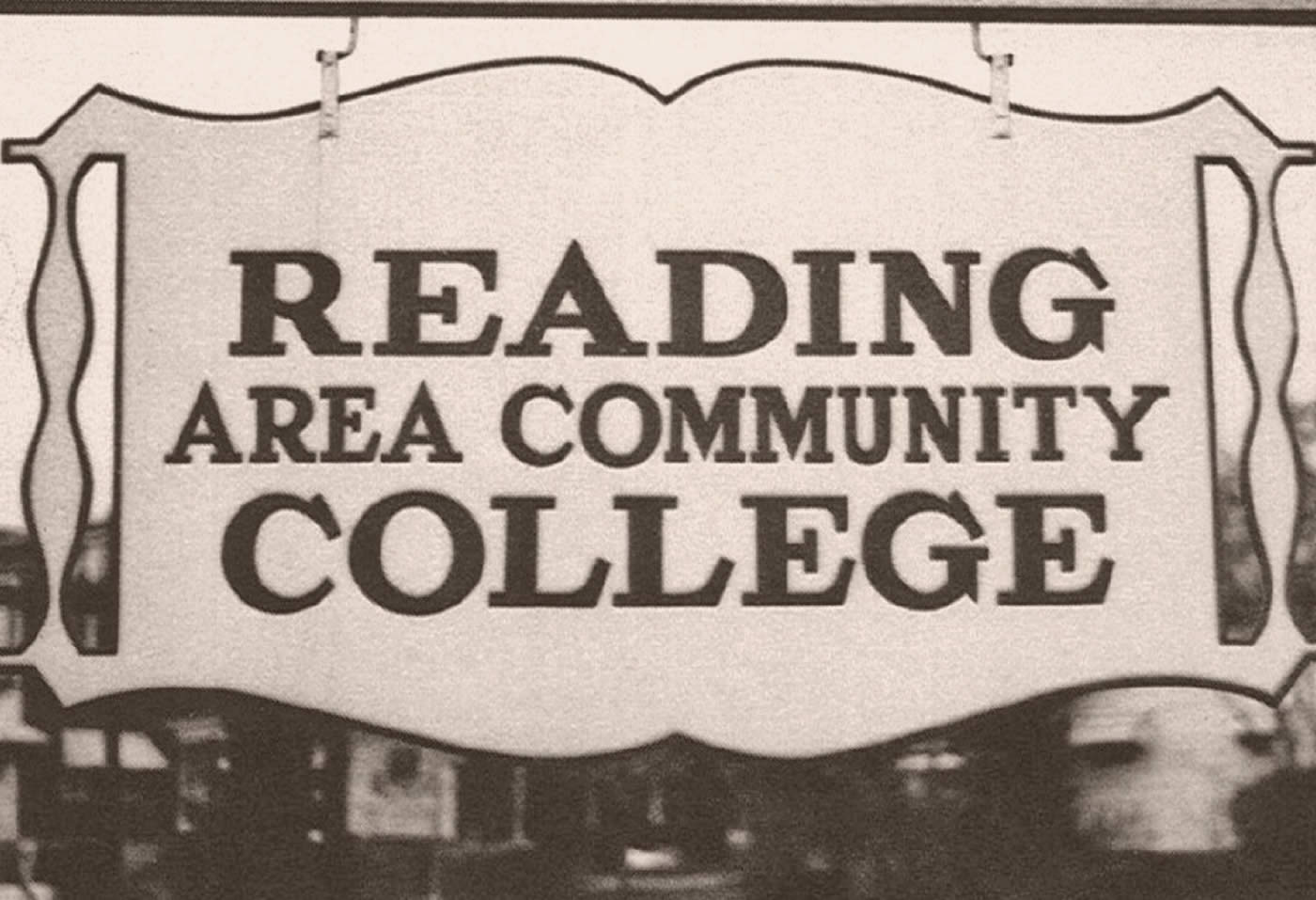Executive Director at The Camel Project
What brought you to RACC?
I was a troubled kid, and was undiagnosed dyslexic. And I didn't really find out I was a dyslexic until I was in my 30s. So, it's a little bit late to discover that, but I just had this really strong passion to do better. I always said to myself, this can't be all there is, there has to be more. I never had grades or anything that I could have gone right to a four-year college. So, a couple of people said, why don't you check out RACC, and I did. You know, when you walk in a place and you feel comfortable, you feel at home.
I grew up in Lancaster County, among the Amish and the Mennonites, and had troubles as a youth. So, this was big - to go into the city and go into possibly higher education. I was the first one in our family to go to college and graduate. I was escorted out of my high school by a police guard. I'm the founder and CEO, Executive Director of the Camel Project because of my experience, growing up being bullied, witnessing the bullying, becoming the bully, and then being the target of the bully. And now I'm the defender. So, I grew up in a very chaotic, alcoholic family. I witnessed the bullying between my parents. And then in school, I became the bully. I had a learning disability, and I was put in special education. I had glasses, I weighed 300 pounds, and then I was the target of the bully. Then one day I just snapped, and became the bully and committed a felony in school. It's a typical story that is still happening. And that's why the Camel Project has started. It's still happening, you know, we can't have years of school shooting, and nobody's doing anything about it. So, I'm not an educator, I am coming from the perspective of being all three of them, and now being the defender and the advocate for people who are bullied. Bullying is a behavior, it's learned. And it goes throughout your whole life unless there's an interruption. And we want to be that interruption.
And you know, you didn't have too much opportunity either. It was you were pretty much going to work in the factory, and get married, and have a bunch of kids. That wasn't me. And when I went to RACC, I'll never forget, I was exposed to people I had never seen before, to different cultures and different nationalities, and it was just such a melting pot. The atmosphere of learning was amazing, and as a dyslexic, I learned my own way. I don't learn how everybody else learns. So, I had that flexibility. It was a great introduction. By my early 20s I had gotten my GED, I lived near Adamstown, and I had a factory job in Berks County in the city. It just wasn't me. I just didn't fit. And it was phenomenal to walk into RACC and feel like you fit. And the classes were very convenient. I worked during the day so I took night classes while working full-time.
How did your experience at RACC shape your career path?
Well, I graduated in 1989 with an Associate degree in Business Management, and then I went on to Kutztown University for the four-year degree. At that time there was no articulation agreement, so I had literally had to start over. I am still bitter about that. I give RACC credit for encouraging me to go for the four-year degree, especially Professor Mary Lou Kline. And she has no idea who I am. She has absolutely no idea who I am. But those kinds of people don't know the impact they make on other people. I remember I had her for a 10 pm class. And we were all exhausted because we all worked full-time. It was a great experience for sure.
I found the coursework very challenging because I had been out of school since I was asked to leave in ninth grade. I hadn't had any formal schooling for years. So, it was a huge adjustment. My English was like, first-grade level so I had to take all those developmental courses. You know, that was helpful. They didn't throw me under the bus. They said you're at this level, you need to get through these courses, and then you can start taking the college courses. So, obviously, being a dyslexic, English was like, forget it, right? Start really basic. And with their encouragement, I was able to do that. I was motivated so I was able to finish in about two and a half years.
At Kutztown University I switched to political science, which was just totally my personality. It's history without the term papers, right? So, I graduated with a B.A. degree. Then with my husband we started our own technology business in 1996. Twenty-five years ago, and I'm still the CEO of that company. Then three years ago, we started the Camel Project. So, I'm the founder and CEO, Executive Director of the Camel Project because of my experience, growing up being bullied, witnessing the bullying, becoming the bully, and then being the target of the bully. And now I'm the defender. I took an online course at Drexel University to run a nonprofit which was enlightening and frightening at the same time. All these people need is a little support, a little self-awareness, and a little confidence.
What advice/insight would you give to current RACC students?
You know, RACC has always been a great foundation. So, I talk about RACC all the time I talk to kids. You want to go to college, I'm like, start RACC, first thing, and then get your feet wet. Or go to a trade school. Well, the fact is, it's going to save them tens of thousands of dollars. Well, and it's local. You know, right out of high school, you've got to get your feet wet, you've got to be a little bit mature, you've got to be able to take it on based on whatever level you're at. And, you know, sometimes you need to mature a little bit, and you should do it here at home, or, you know, at RACC, and if you fall down, we'll be here to support you. I know they will, because they worked for me as well. That's a support system, community support system.
I would say, enjoy every minute that you're there. Make sure you get and use every support system, every service, everything that you can, to generate as much experience as you can. Because at some point, when you leave, you're going to have to be that support system. Our motto is it starts with you, but it's not about you. So, you need to take care of yourself first. In order to be a healthy, balanced community leader and member, take every piece of support, everything that they offer. And just have a good time. Have fun. I think that's a really good one. And if you have a need that's not being met, tell them this is what you need. And I guarantee you, more people after you will need that support system too if they're not offering it. Speak up if you have a problem. Be vocal. Not loud, but be persistent.
2021 marks RACC's 50th Anniversary. What message would you like to pass on to President Looney and the RACC Community on this historic occasion?
Well, first of all, congratulation, of course, but there's more work to be done. And having the direct connections to the students is where the secret sauce is. I was here when Dr. Gust Zogas was the RACC President. It would be nothing to see him walking through the halls. He didn't know who I was either, but, just seeing him there, him being actually in the building, was kind of awesome. And again, sometimes you get so busy as a leader you forget. I'm just here to remind. That's what I do. And you know, it's not just about the education. It's about the support system that our community needs.


